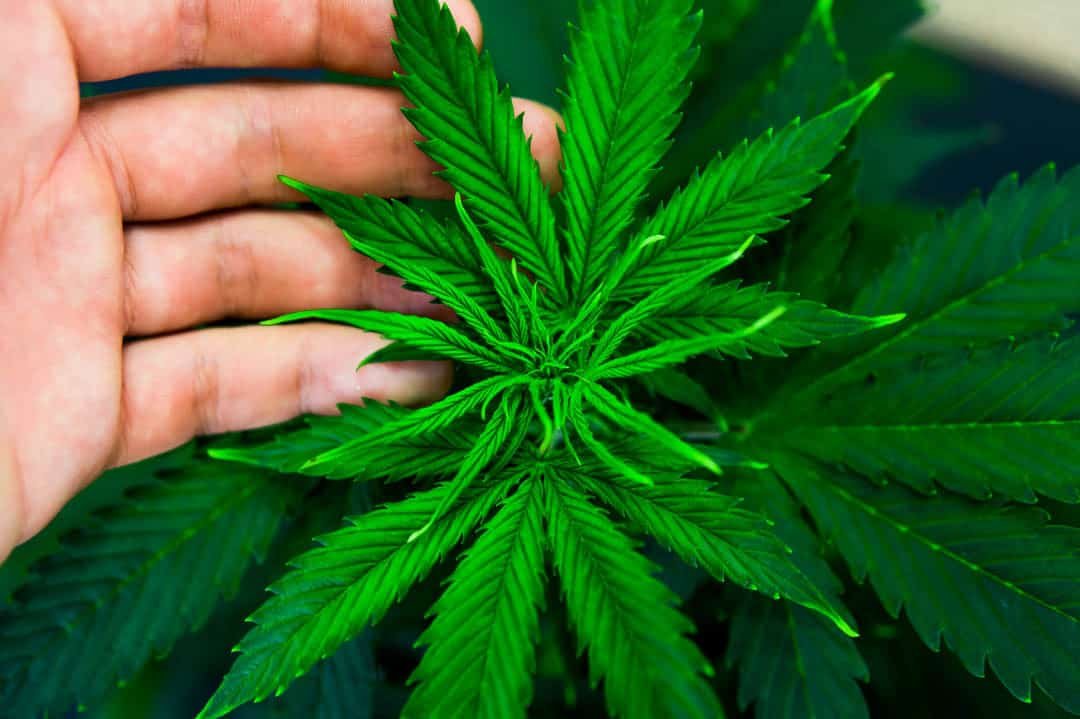Texas Industrial Hemp Production
Growing hemp in Texas has had its ups and downs since the first industrial hemp license was issued in the state in April of 2020. It remains to be seen if ‘there’s gold in them thar hills’ of Texas. Texas farmers were given the green light to start hemp production in 2019. Hemp production in Texas is still considered to be in the speculative phase. Some are betting on hemp fiber production and others on the specialty products such as CBD oil.

What is the Purpose of Hemp?
Hemp is a hardy plant that will grow in the continental United States and Hawaii. It is typically ready to harvest in 3 to 4 months. Hemp cultivators have found that the hemp (Cannabis sativa) plant provides a wide variety of uses. Hemp is a dioecious plant meaning it can be separated into male and female plants. Male plants do not produce seeds.
Flowering is a crucial step in hemp cultivation. Hemp-dioecious genotype varieties are superior for fiber production. Fiber comes from the stems, protein is provided from the seeds, oils can be derived from the leaves and flowers of the hemp plant. Hemp is much stronger than cotton and the fibers do not break down when washed.
Hemp also holds color better than other fabrics. Hemp uses much less water to cultivate than cotton and other crops of similar use. Yearly, hemp will produce per acre as much fiber as two to three acres of cotton with much less water. An acre of hemp will make as much paper material as two to four acres of trees. The hemp plant can be used for feedstock.
Hemp is among the oldest industries on the planet, going back more than 10,000 years. Hemp is thought to be the earliest plant cultivated for textiles. Hemp dates back as far as ancient Mesopotamia as discovered by Archaeologists when a bit of hemp fabric dating back to approximately 8,000 BC was discovered.
Hemp in the United States of America
Hemp spread across civilizations and came to North America in 1606 after which American farmers grew hemp for the production of paper, ropes, and fuel for lamps. In the 1700s American farmers were legally required to grow hemp as a basic staple throughout the Colonial Era and the Early Republic.
Prior to prohibition, the founding fathers including Presidents Washington and Jefferson grew hemp. The original United States Constitution was written on hemp paper. Before the federal prohibition of hemp, animals would graze on naturally grown hemp plants.
Of course, in recent years CBD production has become a major player in the use of hemp. Hemp plants and marijuana plants are from the same Cannabis sativa species. Hemp produces a broad range of cannabinoids including tetrahydrocannabinol or as commonly called THC. However, hemp does not produce enough THC to be intoxicating.
Hemp including marijuana was banned in 1937 when Congress passed the Marijuana Tax Act. The tax and licensing regulations of the act made hemp cultivation difficult for American farmers. Harry Anslinger the chief promoter of the Tax Act, ignored evidence to the contrary and began promoting anti-marijuana legislation around the world. Cannabis officially became illegal for any use with the passage of the 1970 Controlled Substances Act.
President Donald Trump signed the Agricultural Improvement Act
Hemp became legal again on December 20, 2018, when President Donald Trump signed the Agricultural Improvement Act. The Bill, more commonly known as the Hemp Farming Act of 2018, allowed hemp (defined as cannabis with less than 0.3% THC) to be removed from Schedule I controlled substances. With the passing of this law hemp again became an ordinary agricultural commodity.

Buying and Selling Hemp is Legal in Texas
Growing hemp in Texas is legal. Hemp has been legal in Texas since June 10, 2019, allowing farmers and entrepreneurs to grow and produce hemp for agriculture and business uses. The cannabis-derived from industrial hemp also became legal in Texas and has been removed from the schedule I controlled substance list. The 2018 Farm Bill legalized the commercial production of hemp and authorized states to submit state plans to administer hemp programs.
According to The Texas Department of Agriculture, Industrial hemp production is an opportunity for Texas farmers to expand their operations and grow alternative crops. House Bill 1325 was signed into law in June 2019 and authorizes the production, manufacture, retail sale, and inspection of industrial hemp crops and products. This also includes products for consumable hemp products which contain cannabidiol (CBD), as well as other edible parts of the hemp plant. The Texas Department of Agriculture opened the hemp licensing and permit application process online on March 16, 2020.
Buying and Selling CBD Oil is Legal in Texas
As a result of this legislation, it is legal to buy and sell hemp in the State of Texas including CBD hemp flowers and other consumable products extracted from hemp plants. The Farm Bill of 2018 defines this as being hemp that has a tetrahydrocannabinol (THC) concentration of no more than 0.3%. CBD oil is subject to those same rules to be legal in the State of Texas.
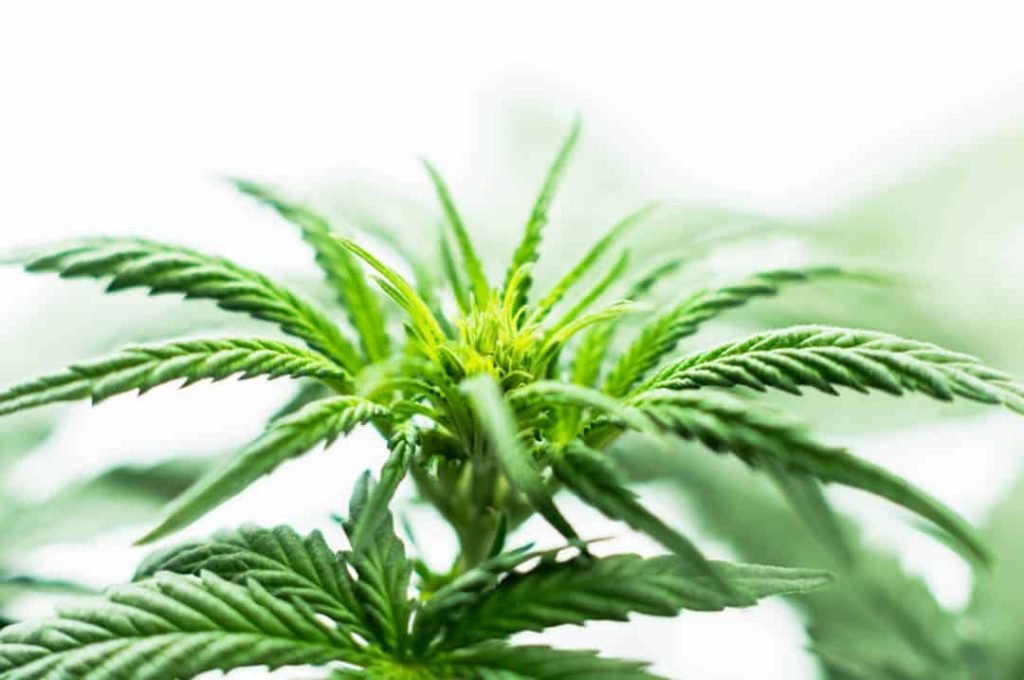
Typically hemp crops are harvested from mid-August through October. The basic cost to set up a hemp-growing business varies by location. Costs include land per acre, machinery, and irrigation equipment. A barn for drying the product is also needed. Total basic costs range upwards of $15,000 depending on the size of the operation.
However, it is still illegal to grow or sell any form of marijuana in the state of Texas. It is also illegal to use or possess marijuana under Texas law. Medical marijuana is legal in Texas under very limited circumstances. Medical marijuana products are usually made from plants with high concentrations of psychoactive tetrahydrocannabinol (THC).
To date, 39 US states plus Washington, D.C., have legalized medical marijuana. Texas only allows for very limited compassionate use for certain medical conditions. Texas has no effective law for medical cannabis at this time. Texas still imposes jail time for possession of cannabis.
How to Get A License to Become a Hemp Producer in the State of Texas
Growing hemp in Texas requires a specific process that must be approved and adhered to. The Texas Department of Agriculture website has licensing and permit specifics which at this time require a producer application and a lot crop permit. In addition, before harvesting an official sample must be submitted to a TDA Registered Laboratory. After receiving the laboratory results and verifying that the results are within acceptable THC levels a transport manifest application can be submitted. A lot report is required for every lot crop permit issued. For the most up-to-date information for licensing go here. Once your Texas hemp license is granted, only approved hemp varieties can be grown in Texas. A list of those Approved Hemp Varieties can be found here.
Profits from growing hemp in Texas are yet to be determined as only time will tell in a relatively new market. The Texas Department of Agriculture has stated in a recent press release that the Texas industrial hemp program issued over 1,150 producer licenses, permitted over 5,000 acres of hemp in the ground, and over 15 million square feet of hemp in greenhouses. It also states that hemp offers Texas farmers a great opportunity. The Press release titled STATEMENT FROM COMMISSIONER SID MILLER ON USDA APPROVAL OF FEDERAL HEMP RULES released on January 19, 2021, in its entirety, can be found here. Read the TDA Final Adopted Rules (Texas Administrative Code) here.
How to Become a Successful Hemp Farmer in Texas
Know the Current Market Conditions for Your End Product
Growing hemp in Texas is legal and requires licensing along with permits. A hemp growers license is required in the state of Texas to become a hemp farmer. Your upfront costs start around $300 to $350 per acre but can go up to the thousands per acre range. Additional costs can include soil testing, machinery, fertilizer, weed control, and irrigation among other business considerations. Costs include the standard farming costs as well as any specialized needs required for hemp production.
How much profit can you expect to make from growing Hemp? Profits per acre from growing hemp have fluctuated over the last year both in Texas and other states. There are too many factors involved to determine a definitive return on investment or ROI for farming in general and hemp is a relatively new US crop. The end product you are producing, the demand for the product, and many other consumer factors also fluctuate as the market has not yet stabilized.
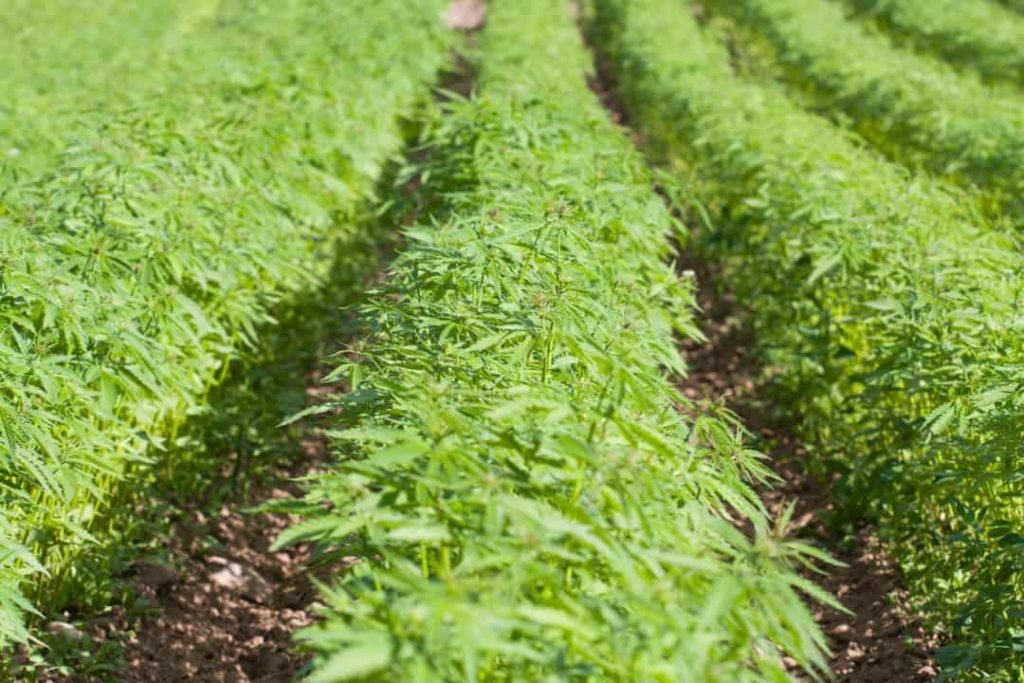
A Texas Hemp farm near me is now very possible. The average hemp plant produces approximately one pound of CBD crude oil. The crude oil can then be distilled into a more refined product. Identify upfront what end product you intend to produce to more accurately determine potential profits for your Texas Hemp crop yields.
Hemp and CBD oil are both produced from the cannabis plant. However, hemp seed oil and CBD oil are two different products. Hemp seed oil is derived from the seeds and CBD oil is typically derived from the flowers, stems, and leaves. Hemp is a cannabis plant that contains less than 0.3 percent of THC.
Hemp Seed Oil Does Not Contain CBD
Hemp seed oil does not contain CBD and is derived entirely from hemp seeds. Hemp seed oil has many healthy properties. It contains linoleic and oleic acids which cannot be produced in the human body. These oils can help reduce wrinkles and fine lines when applied topically.
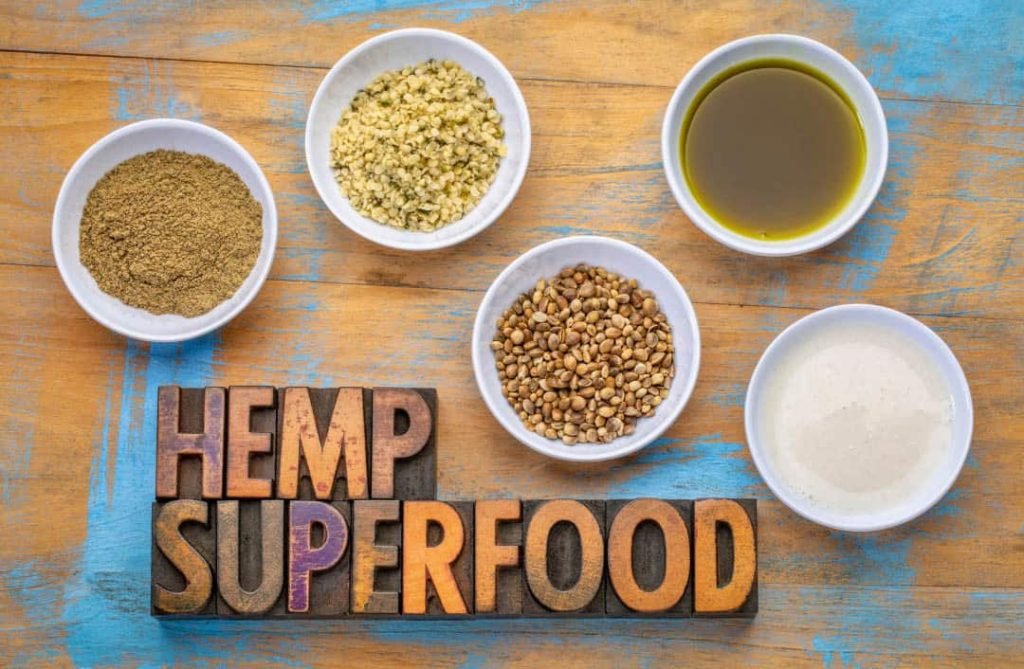
There are also important nutritional benefits from hemp seed oil. The fatty acids can help to prevent inflammation in the body. Hemp seed oil is high in healthy unsaturated fats. It contains omega 3 and omega 6 fatty acids as well as vitamin C and E. It also contains the nine amino acids needed for protein production in the body as well as essential minerals.
Hemp is available in many forms such as Cold-Pressed Raw Hemp Seed Protein Powder, Hemp hearts (very popular), gummies, and oils among others.
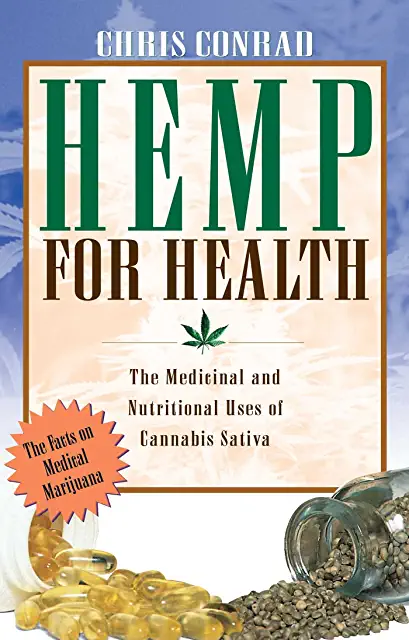
Advertisement
The facts on medical marijuana and hemp for health can be confusing. Read about medical and nutritional uses here.
CBD is cannabidiol, a chemical compound found in hemp and marijuana plants. The benefits of CBD oil are the same regardless of which cannabis plant they are derived from.
CBD oil is derived from the flowers, stems, and leaves of cannabis hemp and marijuana plants. The end refined product of CBD oil is said to have various medicinal qualities. CBD oil is useful in treating certain kinds of epilepsy. CBD oil has been studied as a potential aid in relieving many other common health issues.
Common Uses of CBD Oil
CBD oil is said to reduce anxiety and insomnia. Studies show that CBD may be beneficial to help with both falling asleep and staying asleep. CBD oil helps you to relax enough to fall asleep and stay asleep. One study found that 160 milligrams (mg) increased sleep duration. The effects of CBD oil for relaxation and anxiety are typically felt in 15 – 30 minutes.

CBD oil may also be an option in providing a natural alternative for pain relief and chronic pain. When consumed orally you can expect results within 30 – 45 minutes. For pain relief treatment, it has been suggested to start with 50 mg daily, and then increase in 5 mg doses. When pain relief is achieved any additional CBD oil is probably not beneficial. Keeping a journal of doses and symptoms can be helpful.
When CBD oil or ointments are applied topically for muscle and joint pain expect results within several hours after application. CBD can be useful for other unpleasant symptoms such as muscle spasms. A recent study shows CBD oil relieves restless leg syndrome due to its relaxing effect.
More Texas Hemp and CBD Oil Benefits
Studies show that CBD does not make you sad or depressed, in fact, it has potential benefits for depression-related conditions. CBD may affect how your brain’s chemical receptors respond to the serotonin in your system. A more recent study points to CBD providing stress relief which may reduce stress-related depression.
CBD does not typically make you tired or overly drowsy since it does not contain an active amount of THC. However, it is not recommended to combine CBD oil with alcohol as being used in this combination could amplify sleepiness creating sedation.
Taking CBD daily does not have adverse effects and may be beneficial as it compounds in your body over time providing even more benefits. General dosage recommendations state to start with no more than 50 mg since CBD oil can have uncomfortable side effects.
CBD Oil Has a Low Toxicity Rate
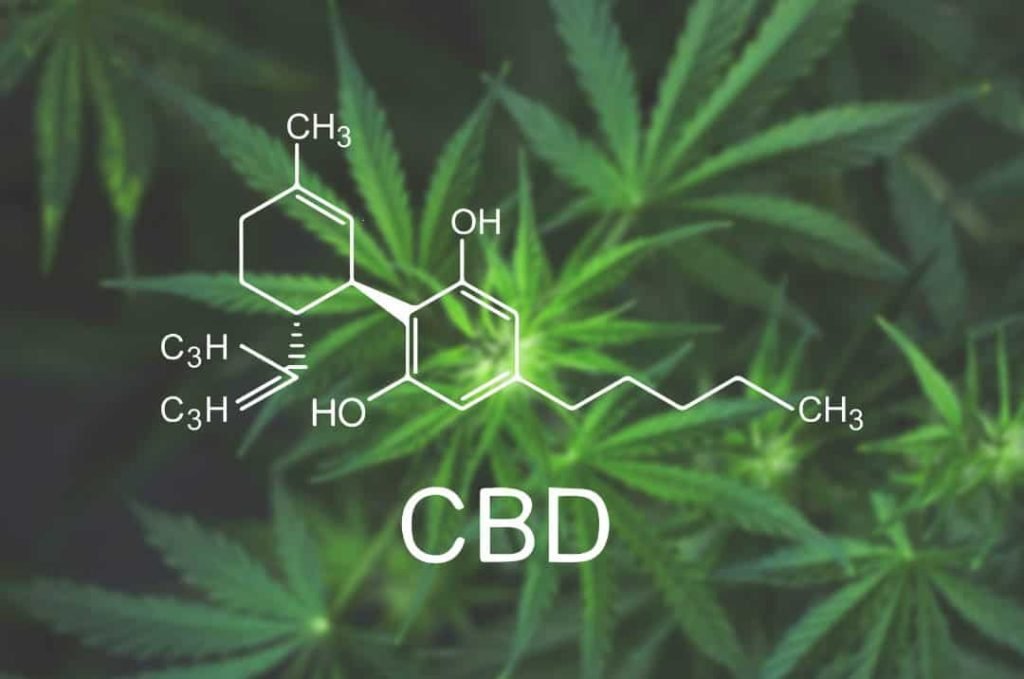
CBD oil is considered to have a relatively low toxicity rate. The toxic dose of 20,000 mg CBD oil is not considered to be lethal but high doses can cause lethargy, upset stomach, diarrhea, extreme drowsiness, and disorientation among others. These findings are based on pure CBD from a trusted supplier who is able to provide evidence along with independent test results of their product.
The FDA has not approved a marketing application for cannabis in the treatment of disease or medical conditions. However, they have approved one cannabis-derived drug, Epidiolex (cannabidiol), and three synthetic cannabis-related drug products, Marinol (dronabinol), Syndros (dronabinol), and Cesamet (nabilone). These drugs are available by prescription only.
In Conclusion, Growing Hemp in Texas
You might be asking yourself is Texas a good place to grow hemp? The Texas climate makes hemp an ideal crop for Texas farmers. Hemp flourishes in warm weather which Texas has plenty of. Most soil conditions in the various regions of Texas are good for hemp with the exception of predominantly clay soils. Drought conditions can and do affect hemp crops so adequate irrigation should be a consideration for growing hemp in Texas.
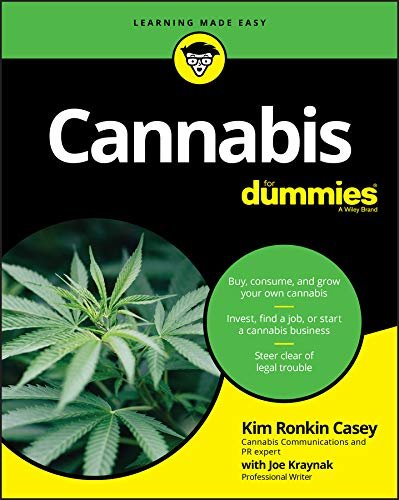
Advertisement
Read more about Cannabis here. If you’re curious about cannabis, everything you need to discover its many benefits is a page away!
Read more about Texas Life here.
Texini’s website content, products, and services are for information purposes only. Texini does not provide medical advice, diagnosis, or treatment.
Please find out more about Texini, the leading Texas lifestyle brand defined by its celebration of the Lone Star State’s culture, heritage, and values.
air fryer recipe areas in Texas areas of texas Austin Texas average cost of living in texas Bar-B-Cue Bar-B-Q Bar-B-Que barbecue barbeque bbq best cities in texas to raise a family best place to live in texas for families bowl of red budget-friendly meal cities in texas comfort food cost of living in texas easy appetizer easy dessert recipe easy dinner easy dinner recipe family dinner famous in texas Foods in Texas friendly people google texas county google texas news google texas roadhouse gulf of america leading texas lifestyle brand lifestyle brand local texas one-pot meal party food protein-rich meal Southern comfort food Southern cuisine Southern dessert Texas Texas Hill Country texas lifestyle brand Texas Panhandle Texini the leading Texas lifestyle brand weeknight dinner
Hemp Cannabidiol (CBD) oil is made from high CBD, low THC hemp plants. Hemp CBD oil is hemp that has a tetrahydrocannabinol (THC) concentration of no more than 0.3%.
Yes, hemp has been legal in Texas since June 10, 2019, allowing farmers and entrepreneurs to grow and produce hemp for agriculture and business uses. Once the proper licensing and permits are obtained through the Texas Department of Agriculture hemp can be grown legally. Only approved hemp varieties can be grown in Texas.
Citations:
de Mello Schier AR, de Oliveira Ribeiro NP, Coutinho DS, Machado S, Arias-Carrión O, Crippa JA, Zuardi AW, Nardi AE, Silva AC. Antidepressant-like and anxiolytic-like effects of cannabidiol: a chemical compound of Cannabis sativa. CNS Neurol Disord Drug Targets. 2014;13(6):953-60. doi: 10.2174/1871527313666140612114838. PMID: 24923339.
Hemp Industries Association
Effectiveness of Cannabidiol Oil
Journal of the American Psychiatric Nurses Association
World Health Organization CBD Findings
FDA and Cannabis: Research and Drug Approval Process
Therapeutic Potential of CBD
Texas Hemp Growers Association
WHO, CANNABIDIOL (CBD) Critical Review Report
NCBI. PubChem Compound Database; CID=26346 August 1 2017];
Cayman Chemical. Cannabidiol (DEA Schedule I Regulated Compound). Safety Data Sheet 2015;
Medical Marijuana Inc. What is cannabidiol?
FDA Regulation of Cannabis and Cannabis-Derived Products, Including Cannabidiol (CBD)
Recent Posts
As the summer sun blazes across the Texas plains in 2025, the Lone Star State finds itself at a pivotal cultural and political crossroads. Renowned for its fierce independence and larger-than-life...
The national political climate is currently in a state of transition, primarily focused on President Donald Trump's multifaceted and ambitious agenda aimed at reshaping the American political...


